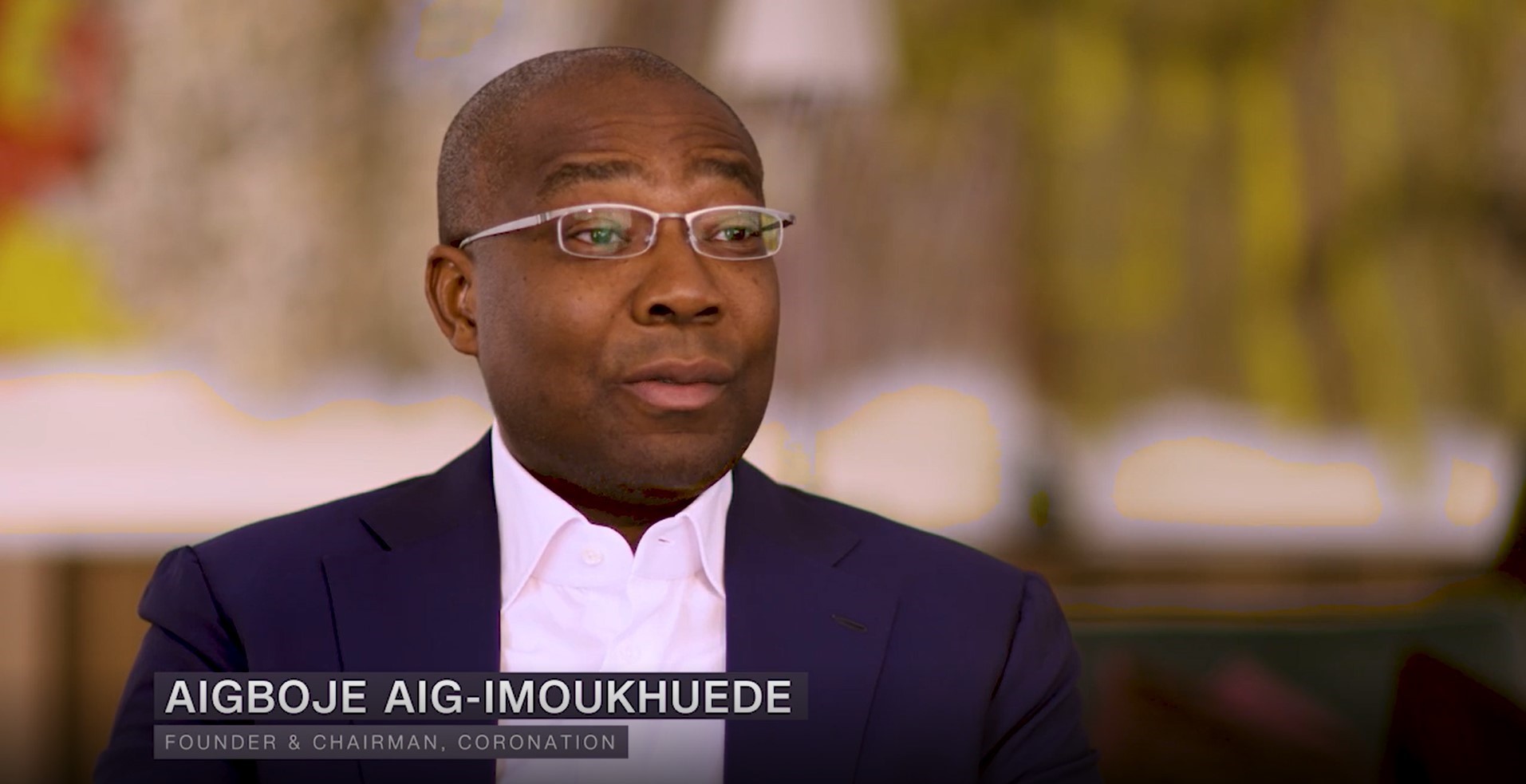BUSINESS
CNN’s Connecting Africa explores business leadership across the continent

In the latest episode of Connecting Africa, CNN International’s Eleni Giokos looks at business
leadership in Africa, meeting leaders from across the continent. Giokos presents the show from the site of Expo 2020 in Dubai, where Africa will be very much in the spotlight.
From October, every African nation will showcase their innovations and culture in designated country pavilions, for the first time in 170 years of World Expos. While the site is still under
construction, Giokos visits the Ghanaian, Egyptian, and Nigerian pavilions, using them as a backdrop
as she profiles some of the continent’s most innovative leaders.
In South Africa, Giokos meets Fleetwood Grobler, the CEO of Sasol. Formed in 1950, Sasol
describes itself as an integrated energy and chemical company and Grobler talks about their market
reach, “We have quite a market presence in Africa, which we are growing. I'm remiss not to mention
all the neighbouring countries in South Africa. So Botswana, Namibia, Lesotho, Mozambique, the
SADC countries, Zimbabwe, Malawi, Zambia, they are all within reach by road, and we supply many,
many products through that logistics systems into those countries as well, going broader than only the
industrial solvents and polymers.”
Sasol has constantly transformed and innovated to keep up with market trends. Grobler speaks about
how the company is adapting to be more sustainable, “We've sharpened our focus on sustainability,
and climate change is a cornerstone of our strategy because we know it is an item that we;t wish
away. We have to address it head on. And that is the crux of the matter. And so, we are preparing
ourselves to travel a pathway where we can have significant steps in our decarbonisation of our
processes in terms of using different feedstocks and eventually through renewables.”
Grobler has been the CEO of Sasol since 2019. He describes his plan for the future of the company,
“If we can use technologies and renewables and sources of carbon that's sustainable, those would be
the long-term areas that we should focus on to unlock value in Africa.”
Next, Giokos takes a look at the oil industry in Ghana. One of the key companies in the country’s
burgeoning energy sector is the Springfield Group, the first Ghanaian owned company to produce oil
in the country. CEO Kevin Okyere speaks about the importance of the company’s Ghanaian roots,
“The most important thing about Springfield is us being Ghanaian and one would ask why? And I said
because it gives hope. It gives hope that a Ghanaian, a black African, can dream big, and achieve
that dream. It gives hope that we too can do it and do it better.” Okyere is passionate about his company and his country, “Ghana is actually the gateway to Africa.
Ghana is open for business and Ghana is welcoming Africans and foreign companies to come in and
invest in Ghana. So, Ghana has so much potential, so much potential on tap, which gives room for
Ghanaians and Africans and multinationals.”
The programme then visits a farm owned by the Egyptian Growers Organisation. Created in 2015, the
company says it is the country’s first cooperative venture for farming and exporting produce.
Managing partner Hussein Marei explains the idea, “The idea behind the cooperative venture is that,
for the longest time now, exporting fresh fruits and vegetables from Egypt has largely been an
individual effort.
Individual farms, individual companies. But lately, given the world that we live in and the various obstacles that we face, we found that the road forward requires cooperation. Cooperation
between farmers, cooperation between companies, cooperation between people are involved in the
whole supply chain from farm to table.”
Exports have been increasing consistently and, according to Marei, Africa could become the next big
market. He details why Egypt has good farming trade links with countries in southern Africa, “South
Africa is in the southern hemisphere and Egypt is in the northern hemisphere, so we have opposite
seasons, and we benefit each other with these opposite seasons so when we have grapes, they don't
have grapes, when we have oranges, they don't have oranges and vice versa. So, we’re able to
export to each other, and exchange the expertise between us, as we do now with other African
countries.”
Finally, Giokos meets Nigerian banker Aigboje Aig-Imoukhuede. A former group managing director
of Access Bank, Aig-Imoukhuede is the founder and chairman of Coronation Capital Limited. He tells
Giokos about the importance of leadership, “I believe that if we can show the Nigerian, what Nigeria
truly could be and that actually it doesn’t take that much, okay for us to change the narrative and get
there is simply a function of good leaders.”
Aig-Imoukhuede is positive about the future for African businesses. He outlines his vision, “There’s no continent that’s actually growing at the population growth rate that Africa is growing, from a population demographic standpoint. Now, that's our greatest advantage, right, if we make it one market. it could be in essence actually the world’s greatest market. That's what we have to focus on. We have to build, break down, all those barriers to this operating world as the world’s largest market.”




 Davido's Net Worth & Lifestyle
Davido's Net Worth & Lifestyle 
